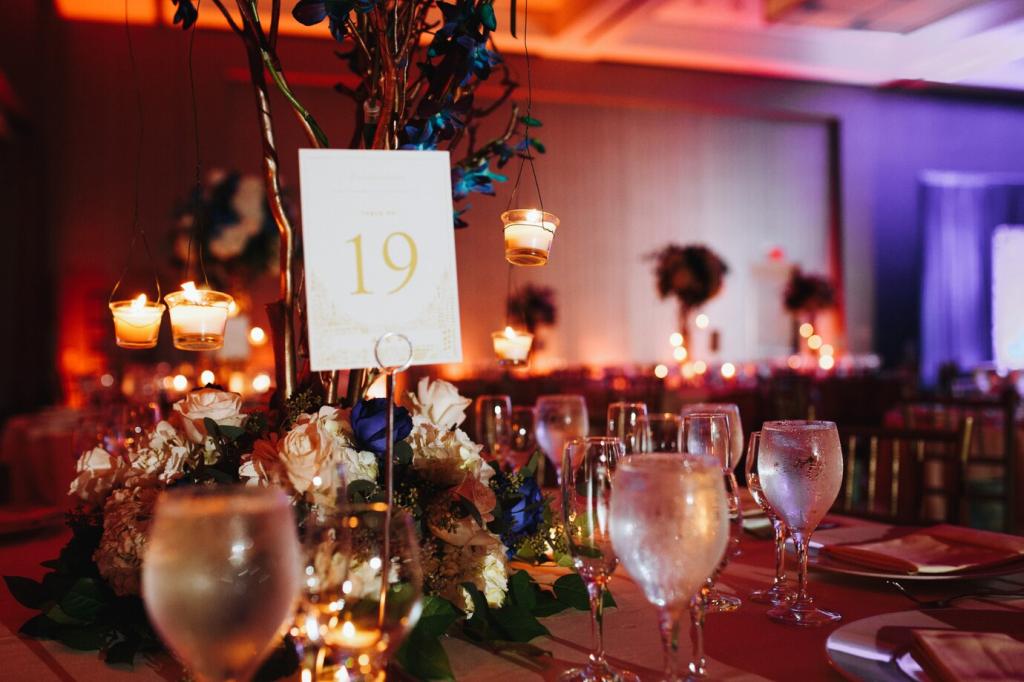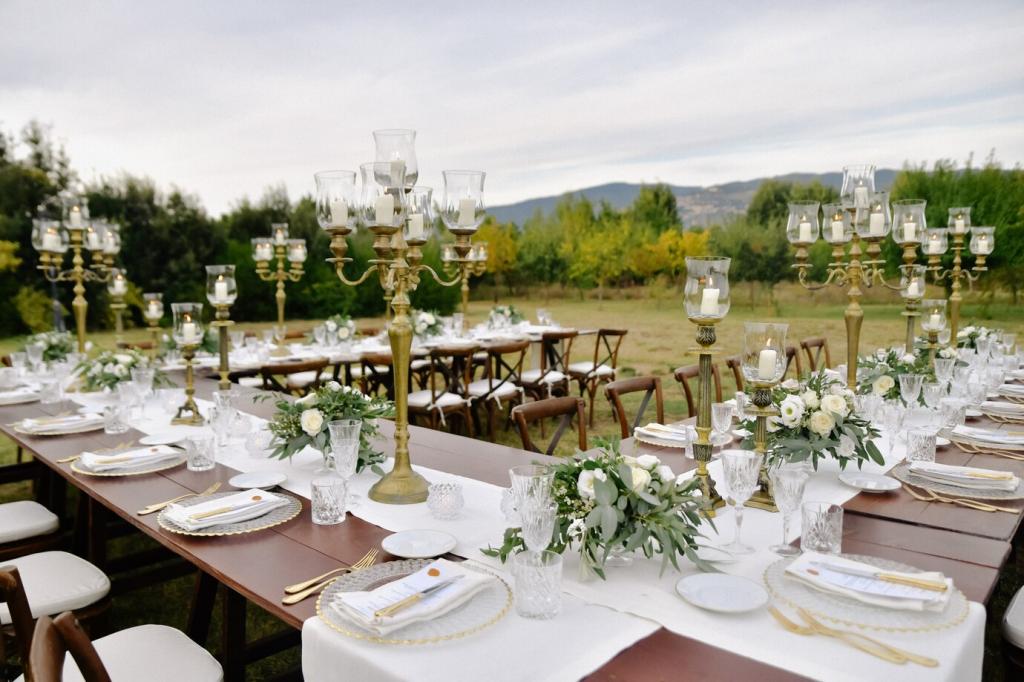Chosen theme: Destination Event Planning Tips. Consider this your friendly compass for choosing a location, crafting guest joy, and navigating logistics with grace. Join our community—subscribe, ask questions, and tell us which shoreline, vineyard, or city skyline you’re dreaming about.
Choosing the Perfect Destination
Study historical weather, humidity, and daylight hours, not just average temperatures. Compare peak tourist months with shoulder seasons to balance comfort and cost. Ask venues about microclimates and wind exposure; sunset time can dramatically shape ceremony lighting and guest comfort.
Map major hubs, layovers, and typical delays from your guests’ cities. Verify visa requirements and passport validity timelines early. Favor destinations with multiple airline options and nearby airports; redundancy reduces risk if a carrier cancels or weather reroutes flights.
Request written guidance on beach permits, drone usage, amplified music hours, and firework restrictions. Some islands ban glass on sand or require security staffing. Build timelines that respect curfews, and communicate expectations clearly so vendors and guests avoid fines.



Budgeting Smartly for Destination Events
Budget for resort fees, baggage overages, vendor travel days, power rentals, customs duties, and overtime. Exchange rates can quietly change totals between deposit and balance. Create a contingency line and revisit it monthly as quotes evolve and currencies move.
Budgeting Smartly for Destination Events
Ask vendors which currency they invoice in and whether rates are fixed upon signature. Use multi-currency accounts or cards with fair conversions. Stagger payments to reduce exposure, and document exact amounts owed in both currencies to avoid confusion.
Design a Guest Journey They’ll Rave About
Provide a simple map, contact numbers, local tips, hydration, and snacks. Include transport instructions and contingency notes for rain or strikes. A personal welcome letter sets the tone and eases anxiety, especially after long-haul flights and unfamiliar customs.

Design a Guest Journey They’ll Rave About
Audit routes for stairs, cobblestones, steep docks, and long transfers. Reserve accessible shuttles and seating. Offer child-friendly zones and quiet spaces. Ask dietary, mobility, and sensory needs on the RSVP; guests feel respected when access is planned proactively.

Local versus fly-in vendors
Local pros know permits, power, and quirks, often saving time and fees. Fly-in specialists bring consistency if your vision is highly specific. Consider hybrid teams; a local planner can coordinate arrivals, customs, and gear rentals while maintaining quality standards.
Contracts, insurance, and compliance
Insist on translated contracts when needed and check governing law. Verify public liability, worker coverage, and alcohol licenses. Add cancellation windows and weather clauses. Share vendor documentation with your venue so everyone aligns on requirements before deposits are paid.
Site visits, virtual tours, and walk-throughs
If travel is impossible, request live video tours at different times of day to assess light and noise. Ask for exact measurements and floor plans. Before arrival, circulate a shared agenda so every partner knows objectives, photos, and decision checkpoints.
Honor Culture and Elevate Local Flavor
Study local greetings, tipping customs, and celebration norms. In one seaside village, our group learned to schedule fireworks after fishermen returned, preserving livelihoods and winning smiles. Small gestures build trust and lead to heartfelt collaborations you cannot script or buy.

Weather-Proof Your Plans
Backup venues and Plan B layouts
Pre-hold indoor rooms or covered terraces, and design layouts that can flip quickly. Test audiovisual setups in both spaces. Communicate the pivot protocol to vendors and ushers so moves feel graceful, not chaotic, even under windy or rainy conditions.
Forecasting tools and decision timelines
Use hyperlocal forecasts, tide charts, and lightning maps. Establish a go/no-go time with your venue and meteorologist. Assign one person final authority to trigger the plan, preventing debate from delaying safety decisions when clouds gather and guests are seated.
Insurance, force majeure, and vendor clauses
Discuss weather, strikes, and health advisories in every contract. Secure event liability and consider cancellation policies. Clarify rescheduling windows and credit terms. After a sudden storm in Tulum, clear clauses helped one couple shift dates without penalties or heartbreak.
